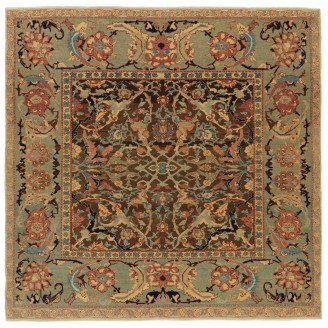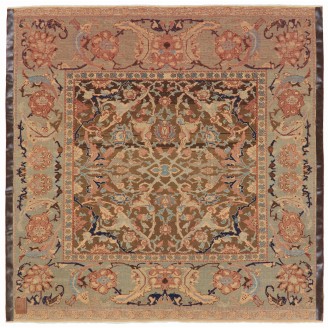Polonaise Carpet
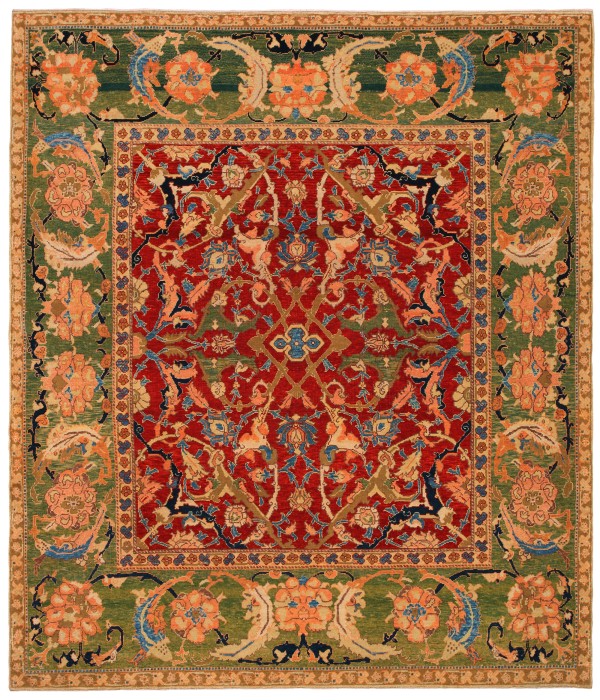
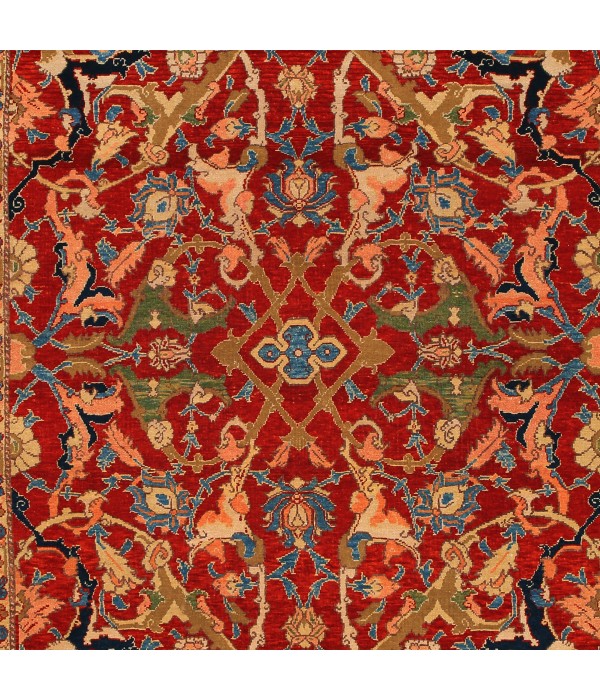
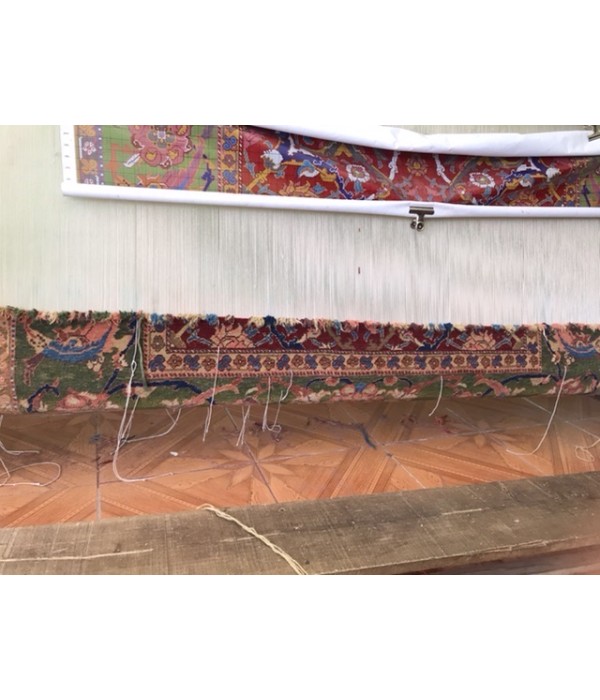
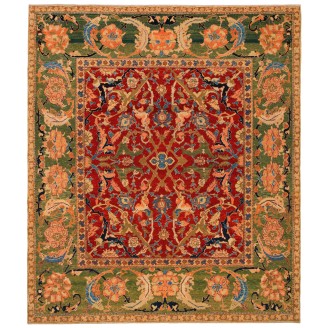
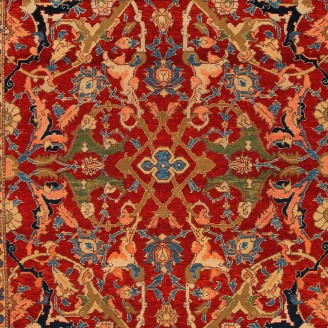
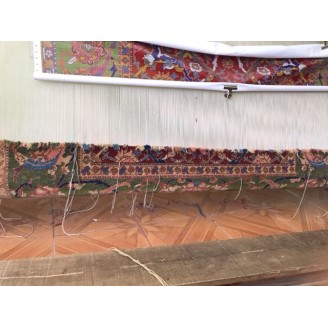
Model: ART00264Polonaise Carpet
Group: Northwest Persia Rugs Family
Area: Bidjar Region
Material of Pile: Natural Dyed Hand-spun Wool
Material Warp / Weft: Wool on Wool
Structure: Symmetrical knot on depressed warp inclining to the right
Knots Density: 39x39
Pile (mm): 3
Production Place: Southeastern Anatolia – Diyarbakir - Yeniköy
Location: Tokyo
Stock: In Stock
Dimensions:
The source of the carpet comes from the book Oriental Rugs in the Metropolitan Museum of Art, Dimand, Maurice S., and Jean Mailey, The Metropolitan Museum of Art, New York 1973 fig.90. If the so-called vase-technique carpets represented the triumph of Safavid workshop weaving in the seventeenth century, another group of Safavid carpets, popularly if erroneously known as "Polonaise" or "Polish" carpets, demonstrates the extent to which Safavid weavers would go to create flashy and expensive objects of conspicuous consumption. Polonaise carpets are believed to have been woven in state-controlled workshops in seventeenth-century Iran and were probably created specifically as royal gifts to noble supporters of the regime and to foreign dignitaries. Why Poland? In time-honored and still current Middle Eastern practice, "the enemy of my enemy is my friend." Seventeenth-century Roman Catholic Polish and Shi'ite Muslim Persian Kings had one thing in common; they were both opposed to the vast Sunni Muslim Ottoman Turkish Empire that lay between their two kingdoms.The exact example is exhibited at The Metropolitan Museum of Art (MET Museum). The most appropriate colors to match the original is used for this carpet.
Color summary: 14 colors in total, most used 4 colors are;
Color summary: 14 colors in total, most used 4 colors are;
- Red 426 (Madder Root)
- Brown 411 (Pomegranate Skin)
- White 320 (Natural Sheep's Color)
- Blue 409 (Indigo)
Dimensions:
5 ft 11 in x 6 ft 11 in ( 181cm x 213cm )
Price:
$8,800
Ex Tax: $8,800

